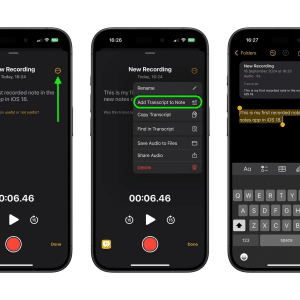An Electronic Money Institution (EMI) is a type of financial institution that allows clients to store, send, and receive electronic money. EMIs are regulated by the Financial Conduct Authority (FCA) in the United Kingdom. An EMI is different from a bank in several ways. First, an EMI does not take deposits from clients. This means that EMIs are not subject to the same reserve requirements as banks. Second, EMIs are not allowed to lend money or provide overdraft facilities. Finally, EMIs are not allowed to invest in securities meaning an uk e-money license would not permit an EMI to invest in stocks and shares. A license would, however, allow an EMI to issue and redeem e-money. EMIs offer several advantages over traditional banks.
What are the benefits of using an EMI?
The main benefit of using an EMI is that they provide a much faster and more convenient way to send and receive payments. EMIs also offer lower transaction costs than banks. This is because EMIs are not subject to the same reserve requirements as banks. This means that EMIs can pass on the savings to their clients in the form of lower transaction fees. Another benefit of using an EMI is that they are not allowed to lend money or provide overdraft facilities. This means that you will never have to worry about being charged interest on your account balance. Finally, EMIs are not allowed to invest in securities. This reduces the risk of your money being invested in risky assets such as stocks and shares.

How do I choose the right EMI for my needs?
When choosing an EMI, you should consider several factors. First, you should make sure that the EMI is regulated by the Financial Conduct Authority (FCA). This will ensure that your money is safe and protected. Second, you should check to see if the EMI offers a mobile app. This will allow you to send and receive payments on the go. Third, you should check to see if the EMI charges any transaction fees. You should also make sure that the EMI offers customer support in case you have any questions or problems. Finally, you should read online reviews of the EMI to see what other users have to say about their experience.
What are the risks of using an EMI?
There are a few risks associated with using an EMI. First, if you lose your phone or have it stolen, your account could be compromised. Second, EMIs are not FDIC insured, so there is no guarantee that you will get your money back if the institution goes out of business. Finally, EMIs may not be accepted by all merchants, so you should always check before making a purchase. Overall, however, these risks are relatively small and should not deter you from using an EMI if it is the right choice for you. While there are a few risks associated with using an EMI, the benefits far outweigh the risks. With an EMI, you will enjoy faster and more convenient payments, lower transaction costs, and peace of mind knowing that your money is safe and protected.
Can anyone use an EMI?
It depends on the EMI. Some will allow anyone to use their service, while others will require that you have a bank account with a specific institution. You should check with the EMI before signing up to see if there are any requirements. EMIs can be used for a variety of purposes, such as shopping online, transferring money to friends and family, or even paying bills. No matter what you use it for, EMI can save you time and money. Still, try to use your EMI wisely, as some EMIs can have fees associated with them. As long as you are aware of the fees, using an EMI is a great way to save time and money.

If you’re looking for a faster, more convenient way to send and receive payments, an electronic money institution (EMI) may be the right choice for you. EMIs offer several advantages over traditional banks, including lower transaction costs and the ability to send and receive payments on the go. So, if you’re thinking about using an EMI, these are the most important things you need to know.













